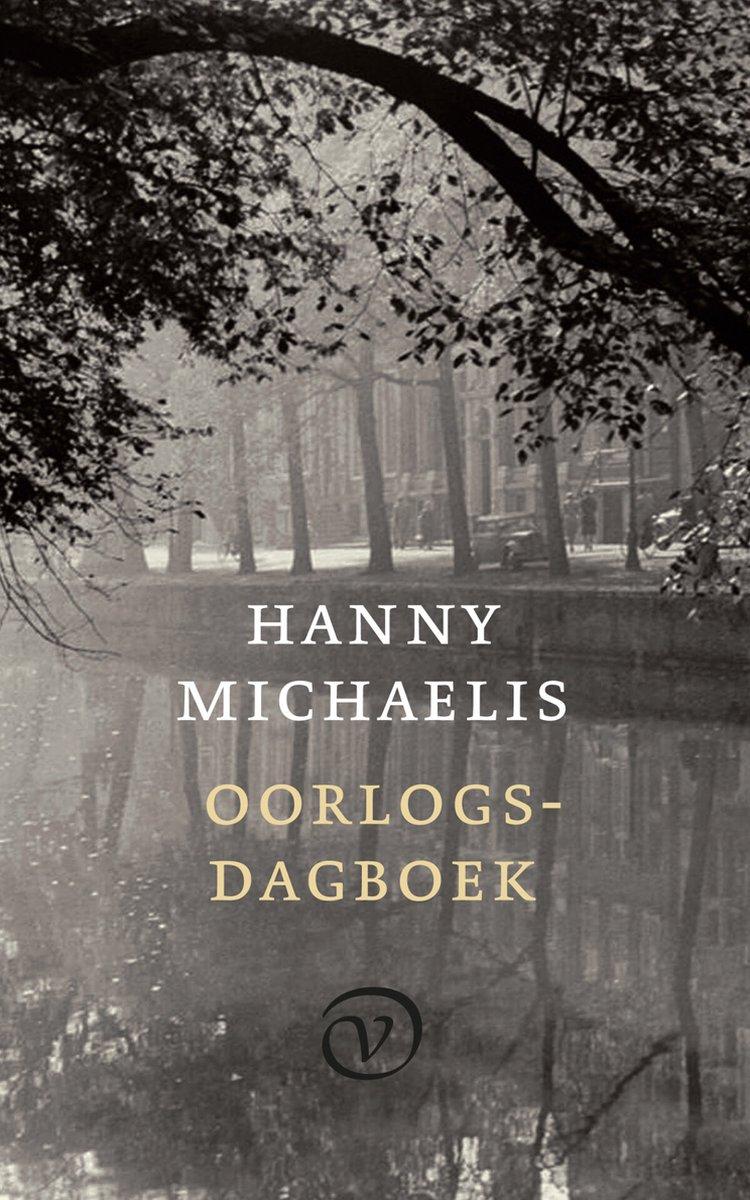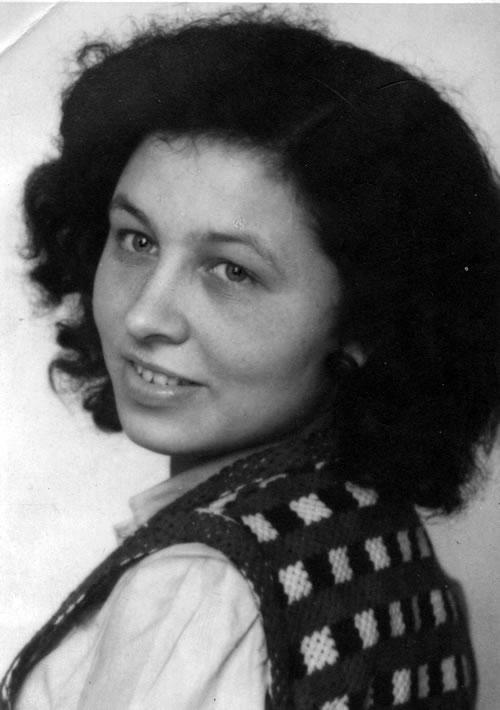Wartime Diaries, 1940-1945
When the poet Hanny Michaelis’s diaries from the German occupation of the Netherlands were discovered after her death, they caused a literary sensation. The inevitable comparisons to Anne Frank soon gave way to a fuller appreciation of Michaelis’s more mature and knowledgeable voice. Now, for the first time, the most provocative, moving and relevant passages from her diaries have been brought together in a single volume.

Since 2016-2017, when her diaries were first published in two thick volumes, they have been showered with praise by critics and readers alike. The attractive new 400-page selection covers Hanny Michaelis’s most memorable experiences in secondary school, as a maid, and in hiding.
Even in her school years, Hanny’s adolescent crushes were set against the backdrop of impending war. In January 1942, she began working as a live-in maid in the household of an author. After her cultured upbringing, her menial status and duties came as a shock. Yet for a time, her position permitted her to go on reading, writing, and – despite the constant threat to her life – meeting well-known writers and artists. Romance blossomed between her and an older poet but came to an abrupt end when he was arrested.
From August 1942 until the war’s end, Michaelis went into hiding under a false name with a series of orthodox Calvinist families. While immersed in that unfamiliar subculture, she wrestled with her fears about her parents, deported in 1943, her anxieties about her own future, and her humiliating, exhausting experiences of slaving away for her often callous hosts. She confided her deepest feelings to her diaries: ‘Regret, remorse, homesickness, fear of the future, and the desperate knowledge that the world I had unwittingly loved with such passion had slipped away beneath my feet forever.’ Her sensitive, lyrical writing bears witness to her coming of age as a writer and a woman.
Rarely has the oppression of the war years seemed so close by.
de Volkskrant
She was determined to remain in high spirits; despite the tears that welled up when the light was turned off on her first night in her new room, she wrote, ‘I don’t feel so very unhappy.’ According to a Dutch daily, the diaries offer gripping contrasts between ‘heights of optimism and pessimistic depths.’ Michaelis eventually learned that her parents had been murdered in Sobibor in 1943. She herself lived on to a ripe old age, becoming a celebrated poet. Her unique chronicle of a dark time survived with her, and this new edition makes her harrowing story more accessible than ever.
Michaelis draws a consummate picture of the closed-off world of a person in hiding. A ‘hothouse life’, she calls it. […] Thanks to this diary, she survived her imprisonment. It is a miracle, from a person who kept herself going by writing.
8weekly.nl
